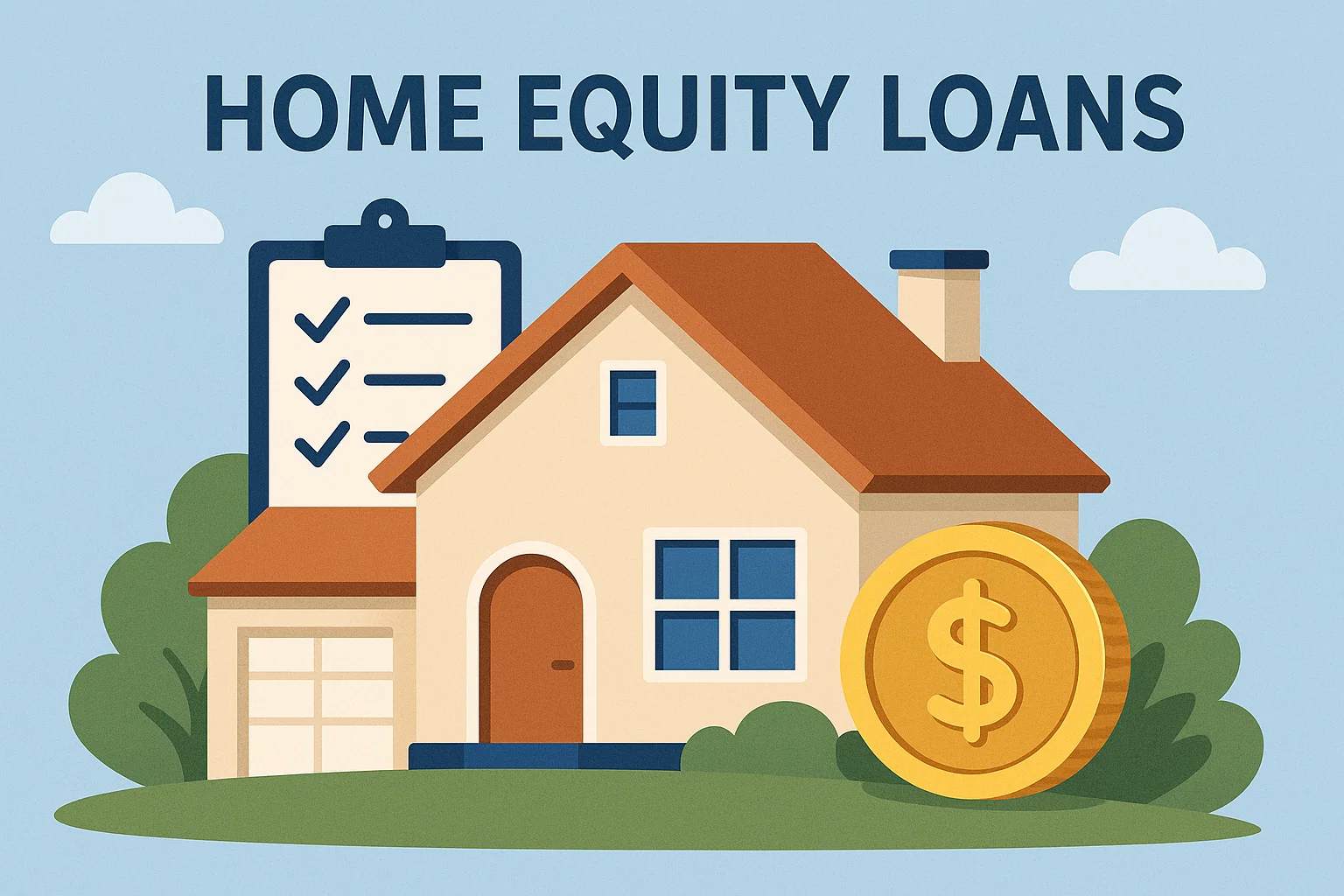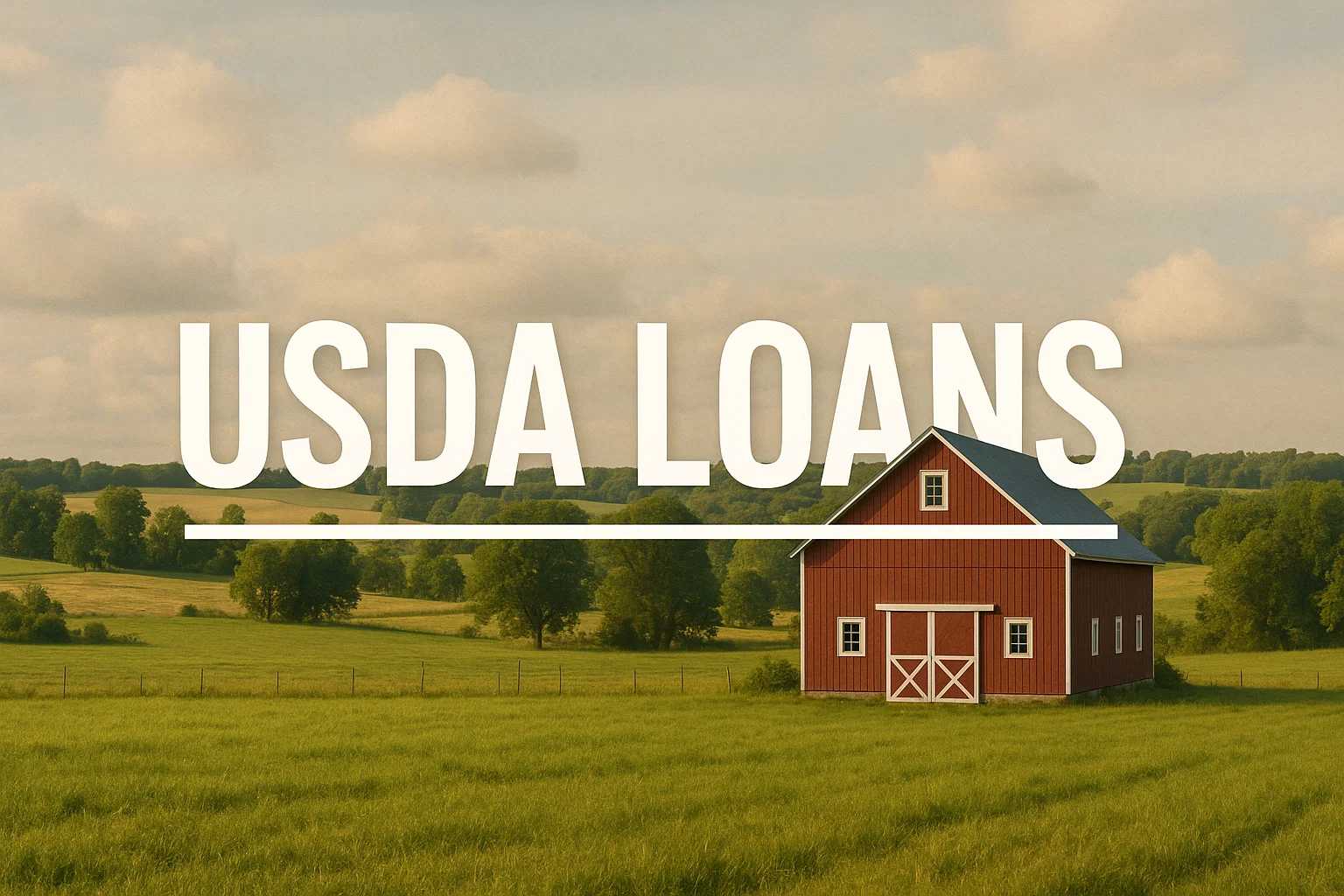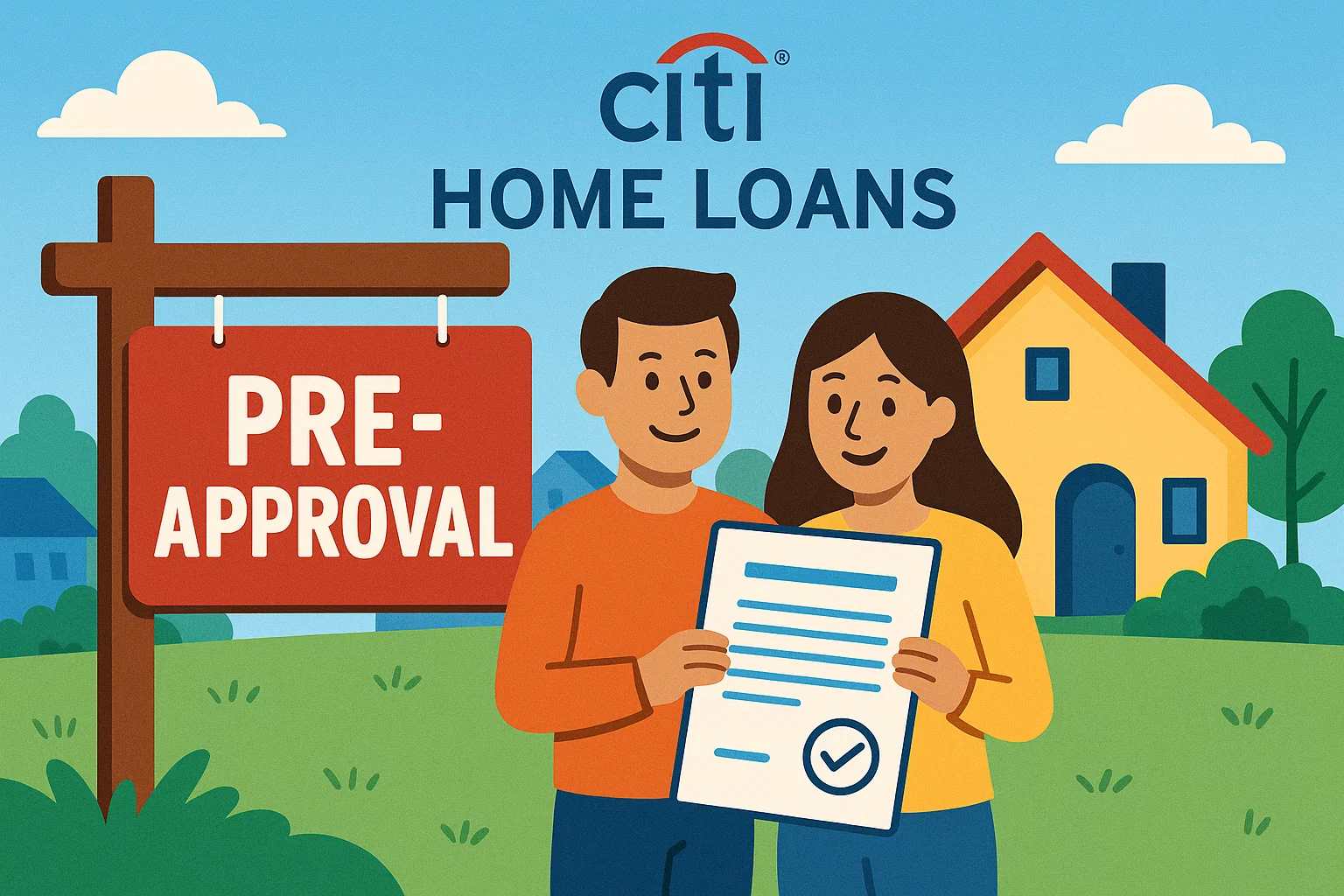Citi Home Loans offer a reliable solution for those seeking competitive mortgage rates and flexible terms in 2025. Citigroup Inc. provides tailored options to meet diverse financial needs even you’re a first-time buyer or refinancing.

In this blog, we’ll explore the different types of Citi home loans, current interest rates, eligibility requirements, and the full application process. You’ll also get practical knowledge to improve your chances of approval.
Overview of Citigroup Inc.
Citigroup Inc. (Citi) is a global financial institution with more than 200 years of industry experience. Headquartered in New York, it operates in nearly 180 countries and jurisdictions worldwide. Importantly, Citi serves about 19,000 institutional clients, including 85% of Fortune 500 companies.
Moreover, it maintains a physical presence in 94 international markets. Through this global reach, Citi offers banking, investment, and wealth management services. In addition, Citi is deeply committed to responsible finance and sustainable growth. It has pledged over $1 trillion toward ESG (Environmental, Social, and Governance) goals.
Furthermore, Citi’s mission is to enable economic progress through trusted financial partnerships. Its core businesses include Services, Markets, Banking & International, Wealth, and U.S. Personal Banking. As the world evolves, Citi continues to deliver modern, client-focused financial solutions.
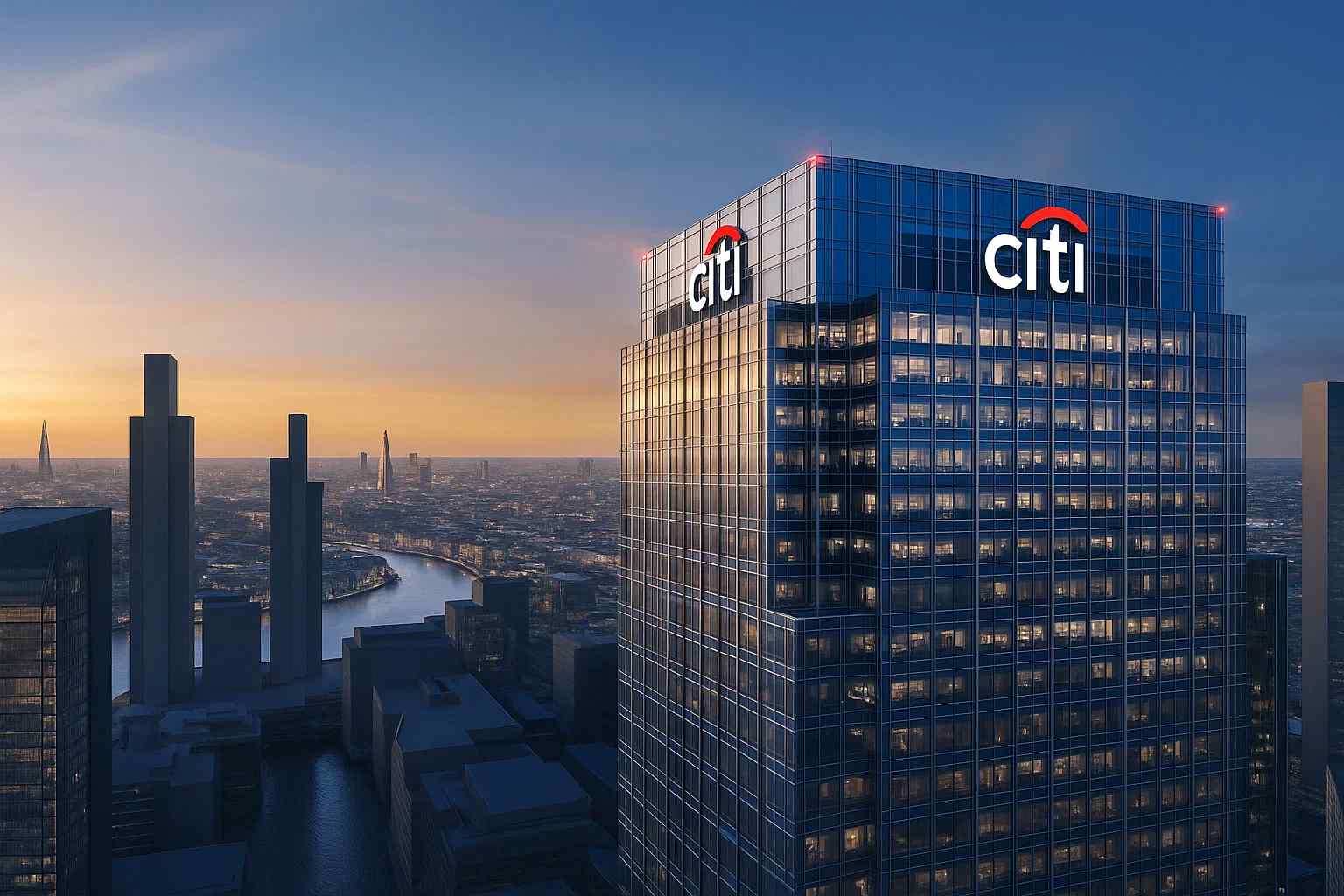
Overview of Citi Home Loans
A home loan, also known as a mortgage – amount of money that individuals borrows from a financial institution. Consequently, they can buy a home, renovate or construct an existing one although they don’t have the full purchase in hand. The property itself acts as collateral, and borrowers repay the loan over time through monthly installments that include principal and interest.
Additionally, home loans may involve fees for processing, appraisals, and early repayment. Choosing the right lender is critical because mortgage rates, loan terms, and service quality can impact your finances for decades..
Citi Home Loans stand out by offering a wide range of mortgage products tailored to different borrower profiles. Customers can choose the most suitable options depending on their financial goals and risk tolerance. Furthermore, Citigroup Inc. provides access to competitive rates, personalized support, and online tools that simplify the mortgage process. Due to a global reputation and strong financial foundation, Citi group Inc. helps borrowers navigate the home-buying journey with confidence, flexibility, and transparency.

Different Types of Citi Home Loans
Here are some main types of Citi home loans. These types vary based on loan amounts, loan terms and mortgage rates.
Conventional Loans
Let’s start by exploring one of the most widely used options available through Citi Home Loans.
What are Conventional Loans?
Conventional loan is one of the most popular Citi home loans. This type of loan is not directly backed by the government. However, convention loans are insured and guaranteed by government-sponsored entities (GSEs) such as: Fannie Mae or Freddie Mac. These entities help stabilize the housing market by purchasing loans that meet annual loan limits set by the Federal Housing Finance Agency (FHFA).
The lenders directly offers home loans so they have to be responsible for all the risk. Therefore, conventional loan is the most efficient choice for those have healthy credit.
The Mechanics of Conventional Loans
Some people might believe that a conventional loan is a standard mortgage. However, this type of Citi home loans comes in a variety sizes and shapes with different structures, terms and requirements.
-
Conforming Loans: These mortgages comply with lending standards set by Fannie Mae, Freddie Mac, and the Federal Housing Finance Agency (FHFA). When a loan meets specific requirements, it qualifies as a conforming loan. These loans often feature more favorable interest rates.
-
Nonconforming (Portfolio) Loans: Loans that fall outside the guidelines of Fannie Mae and Freddie Mac are classified as nonconforming and are typically retained by the lender. They offer greater flexibility for borrowers with unique financial profiles, such as those managing multiple credit cards or seeking to consolidate various forms of debt. However, they may come with higher interest rates and require larger down payments.
-
Jumbo Loans: Designed for financing high-value properties, jumbo loans exceed the FHFA’s conforming loan limits. They’re suitable for borrowers with strong credit histories and significant assets, making them ideal for purchasing luxury or high-priced homes.
-
Fixed-Rate Mortgages: This traditional mortgage option provides consistency and predictability. The interest rate remains the same throughout the life of the loan, commonly offered in 15- or 30-year terms.
-
Adjustable-Rate Mortgages (ARMs): ARMs begin with a fixed interest rate for an initial period, followed by periodic rate adjustments based on market trends. These loans are well-suited for borrowers planning to sell or refinance before the rate changes.
-
Low or Zero Down Payment Loans: Some conventional loan programs are geared toward first-time buyers or those with limited savings. These programs allow borrowers to secure a mortgage with minimal or even no-down payment.
-
Nonqualified Mortgages (Non-QM): Targeted at borrowers with nontraditional income sources or complex financial situations, non-QM loans offer more flexible qualification criteria outside standard regulatory guidelines.
Requirements of Conventional Loans
Conventional loans come in various forms, so there’s no single rule that fits all. However, most lenders follow general benchmarks to evaluate your eligibility. Understanding these criteria will help you prepare a stronger loan application.
- Loan Limits: Conforming vs. Nonconforming
Your loan amount determines whether it’s conforming or nonconforming. Conforming loans follow annual limits set by the Federal Housing Finance Agency (FHFA), which vary by location. This classification affects your interest rate and required documentation. - Interest Rates
Market trends and your financial profile can influence your interest rate. A high credit score and low debt usually lead to better rates. - Down Payment
Some programs allow as little as 3% down, especially for first-time or moderate-income buyers. However, putting down more can make you a stronger candidate, especially in competitive markets. - Private Mortgage Insurance (PMI)
If your down payment is under 20%, you’ll likely need PMI. This insurance protects the lender and adds to your monthly payment. Once you reach 20% equity, you can usually request to cancel PMI. - Credit Score
Most lenders require a minimum score of 620. To access the best rates, aim for a score of 740 or higher. - Debt-to-Income Ratio (DTI)
Most lenders prefer DTI below 36%. A lower ratio shows lenders that you manage debt well, which may lead to more favorable terms. - Income and Employment Verification
Lenders typically expect at least two years of steady employment and supporting documents like W-2s, bank statements, and pay stubs to confirm your ability to repay the loan.
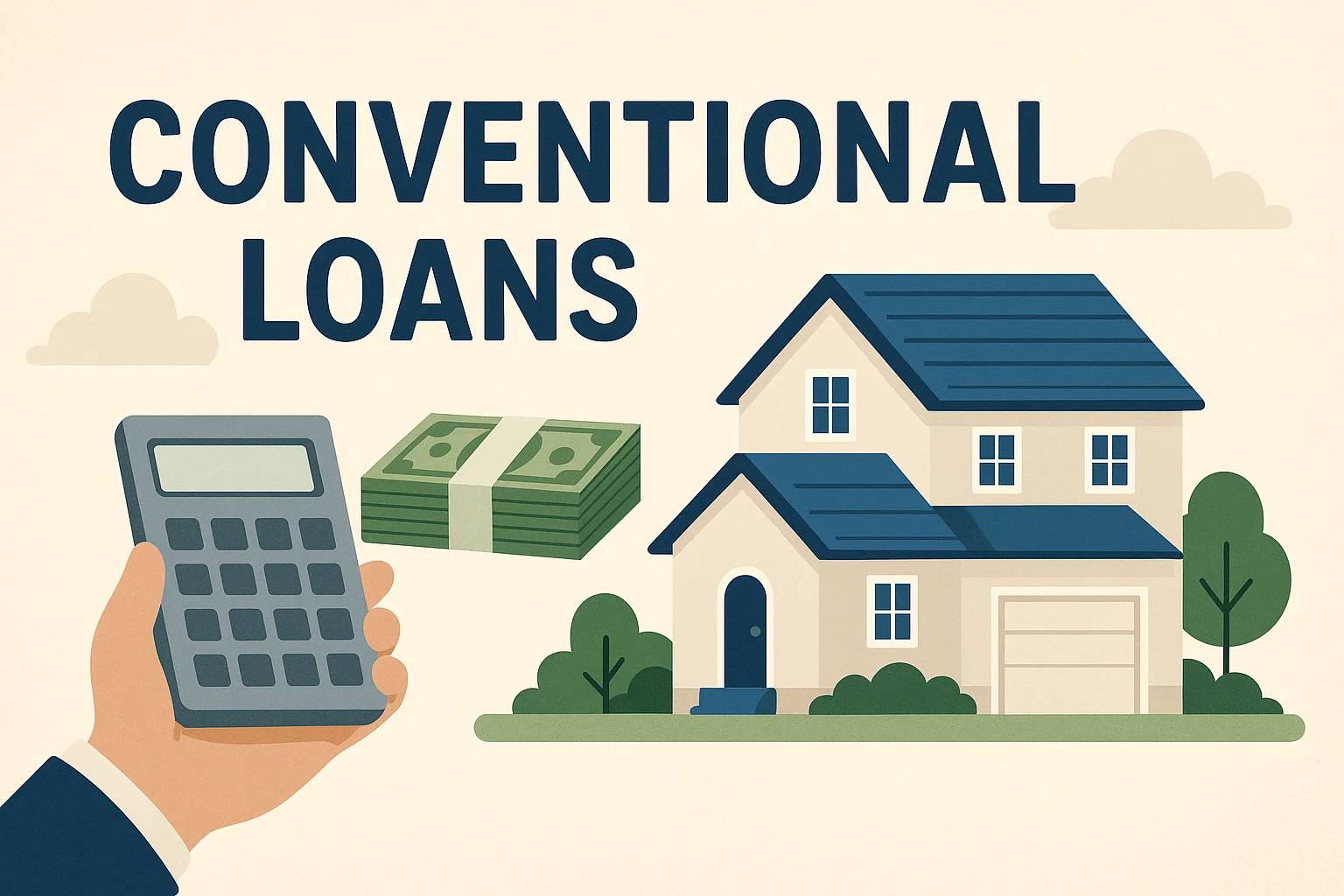
FHA Loan
What is FHA Loan?
An FHA loan is a type of Citi home loan insured by the Federal Housing Administration, a division of the U.S. Department of Housing and Urban Development. It’s designed to support borrowers who may not have strong credit or a large amount saved for a down payment.
If you’re a first-time homebuyer or have faced financial challenges in the past, this option could be a great fit. Because these loans are government-backed, Citigroup Inc. is often more flexible with credit score and down payment requirements. Therefore, you can become a homeowner sooner than expected.
The Mechanics of FHA Loan
The FHA itself doesn’t lend money directly. Instead, it insures the loan provided by an approved lender. If the borrower defaults, the FHA reimburses the lender through mortgage insurance. This insurance reduces the lender’s risk, making them more willing to approve loans for a broader range of applicants even those with limited checking account activity or complex financial profiles. The added protection comes with extra costs mortgage insurance premiums which should be factored into your overall homebuying budget.
FHA Loan Requirements
While FHA loans are known for being more flexible than other types of Citi home loans, there are still important requirements to meet.
- Loan Down Payment
If your credit score is 580 or higher, you may qualify with just a 3.5% down payment. Scores from 500–579 typically require at least 10%. FHA loans also accept down payments from gifts or assistance programs. However, some lenders like Citigroup Inc. may set stricter standards. - Loan Limits
FHA loan limits vary by location and are updated annually. In high-cost areas, limits are higher, giving you more buying power based on regional home prices. - Interest Rates
FHA loans usually offer competitive interest rates. However, your final rate depends on credit score, loan size, income, and broader market conditions. - Mortgage Insurance
These loans require two types of mortgage insurance: an upfront fee of 1.75% and an annual premium (0.45%–1.05%) paid monthly. If you put down less than 10%, the annual premium typically lasts for the entire loan term. - Credit Score
You can qualify with a credit score as low as 500 (with 10% down). A score of 580 or higher allows for 3.5% down. FHA even permits nontraditional credit evaluation if you lack a formal credit score. - Debt-to-Income Ratio (DTI)
FHA guidelines allow DTI ratios up to 43%, offering more flexibility for buyers managing debt. - Income Requirements
There’s no set income minimum, but you’ll need to show steady, reliable income through documents like W-2s, pay stubs, and bank statements.
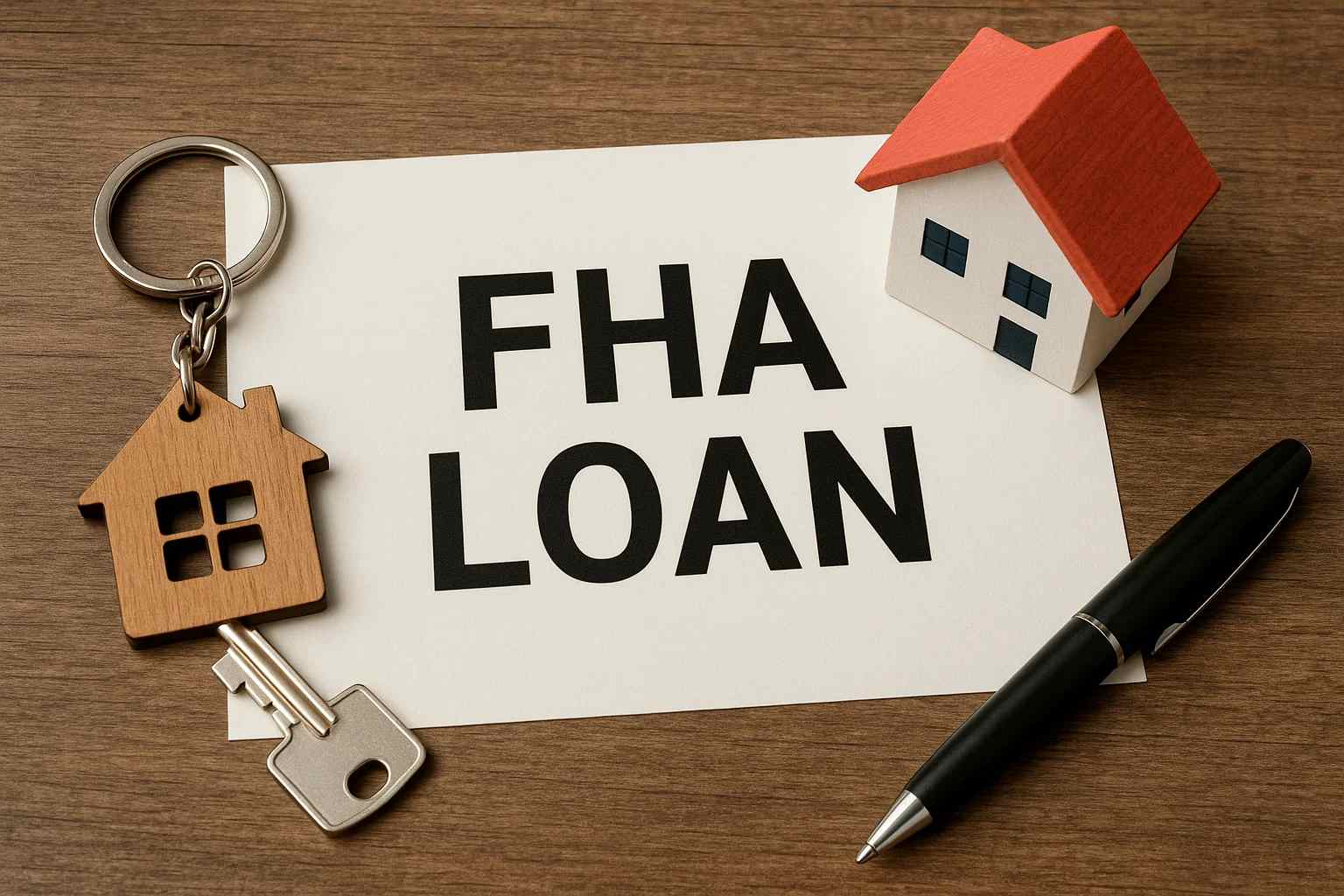
VA Loan
Among the different mortgage products offered by Citigroup Inc., conventional loans are often the go-to choice for borrowers with solid credit.
What is VA Loan?
VA home loans are are Citi home loans backed by the U.S. Department of Veterans Affairs, crafted to assist veterans, active-duty service members, and eligible surviving spouses in purchasing or refinancing a home.
Available to all who have served in the U.S. military whether in the Army, Navy, Marine Corps, Air Force, Coast Guard, or Space Force, these loans remove many financial obstacles, enabling thousands of veterans to achieve homeownership each year.
The Mechanics of VA Loan
VA loans work by reducing risk for private lenders. Since these mortgages are backed by the U.S. government, lenders are more willing to offer favorable terms: such as lower interest rates and relaxed credit requirements.
To use a VA loan, the property must be your primary residence, and you’re typically expected to occupy it within 60 days of closing. These loans aren’t intended for vacation homes or investment properties, they’re designed for your main place of living.
If you frequently relocate for work, you’ll need to show ties to the area and intent to keep the home as your base. If you’re called away for military service, your spouse can fulfill the occupancy requirement in your place. Moreover, you can still use your VA loan benefit after leaving the military, as long as your service meets VA eligibility criteria.
VA Loan Requirements
These following lenient standards are designed to support veterans and active-duty military, making homeownership more accessible.
- Loan Limits
With full VA loan entitlement, there’s no cap on how much you can borrow. That means eligible borrowers can finance 100% of a home’s value with no down payment as long as they meet income and credit criteria.
However, if you have partial entitlement, the VA’s guaranty may limit your borrowing power, which typically covers up to 25% of the loan. In this case, county-specific loan limits will apply. - Interest Rates
VA loans typically offer lower interest rates than conventional Citi home loans, helping borrowers save both monthly and long term interest. Consequently, it frees up budget that might otherwise go to personal debt or business startup costs. - Down Payment
This type of Citi home loan doesn’t require down payment. This is a huge advantage for those who may struggle to save a large upfront amount. - Mortgage Insurance
VA loans don’t require private mortgage insurance (PMI), unlike conventional loans with down payments under 20%. - Credit Score
The VA doesn’t set a minimum score, but most lenders prefer at least 620. Still, other factors like service record and payment history are also considered. - Debt-to-Income (DTI) Ratio
While 41% is the typical DTI limit, lenders may allow higher ratios depending on your full financial profile. - Income Requirements
You must show stable, reliable income and meet residual income guidelines, which vary by location, loan size, and household size. These ensure you have enough left over each month after covering fixed expenses.
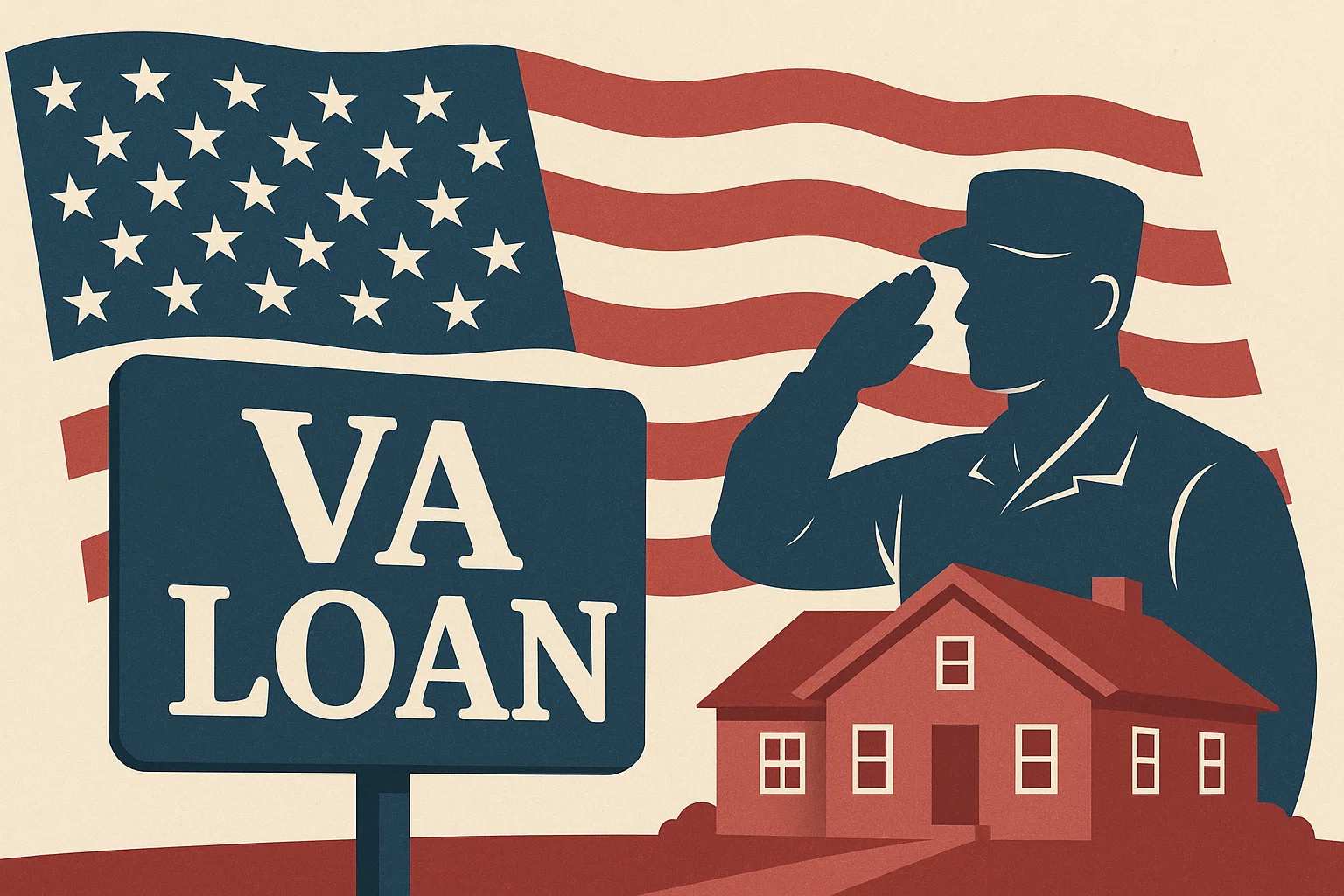
Home Equity Loans
For homeowners who have built up equity over time, this Citi home loan option opens the door to accessible cash for major financial needs.
What is Home Equity Loans?
A home equity loan allows homeowners to access funds by borrowing against the value of their property. One of its purpose is covering major expenses that arise over time.

